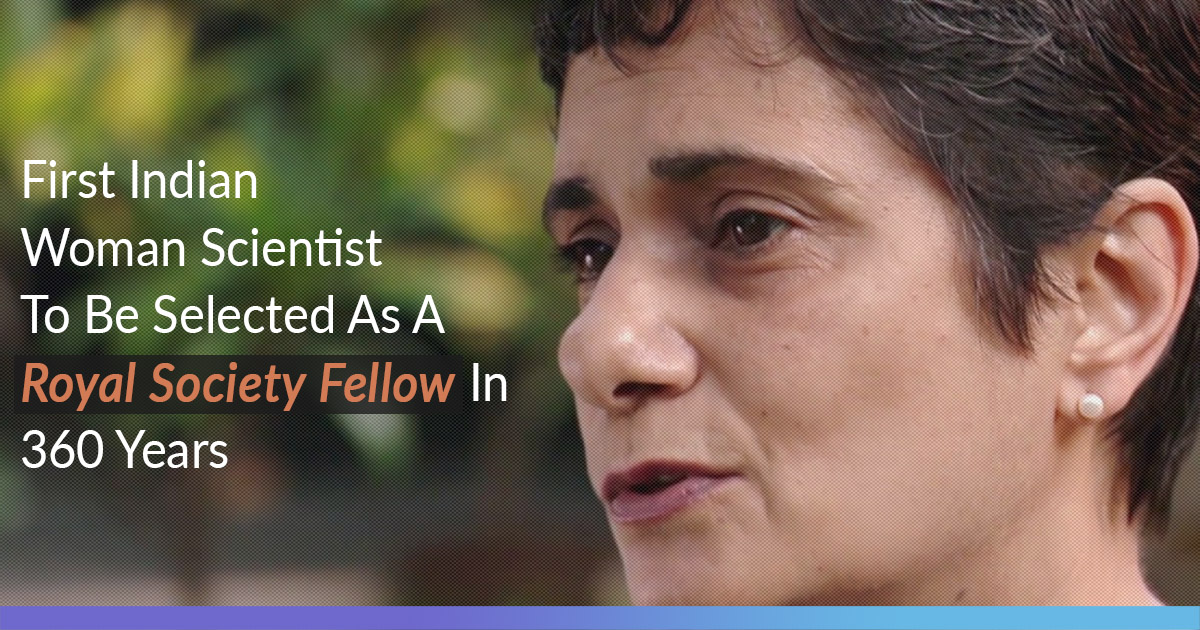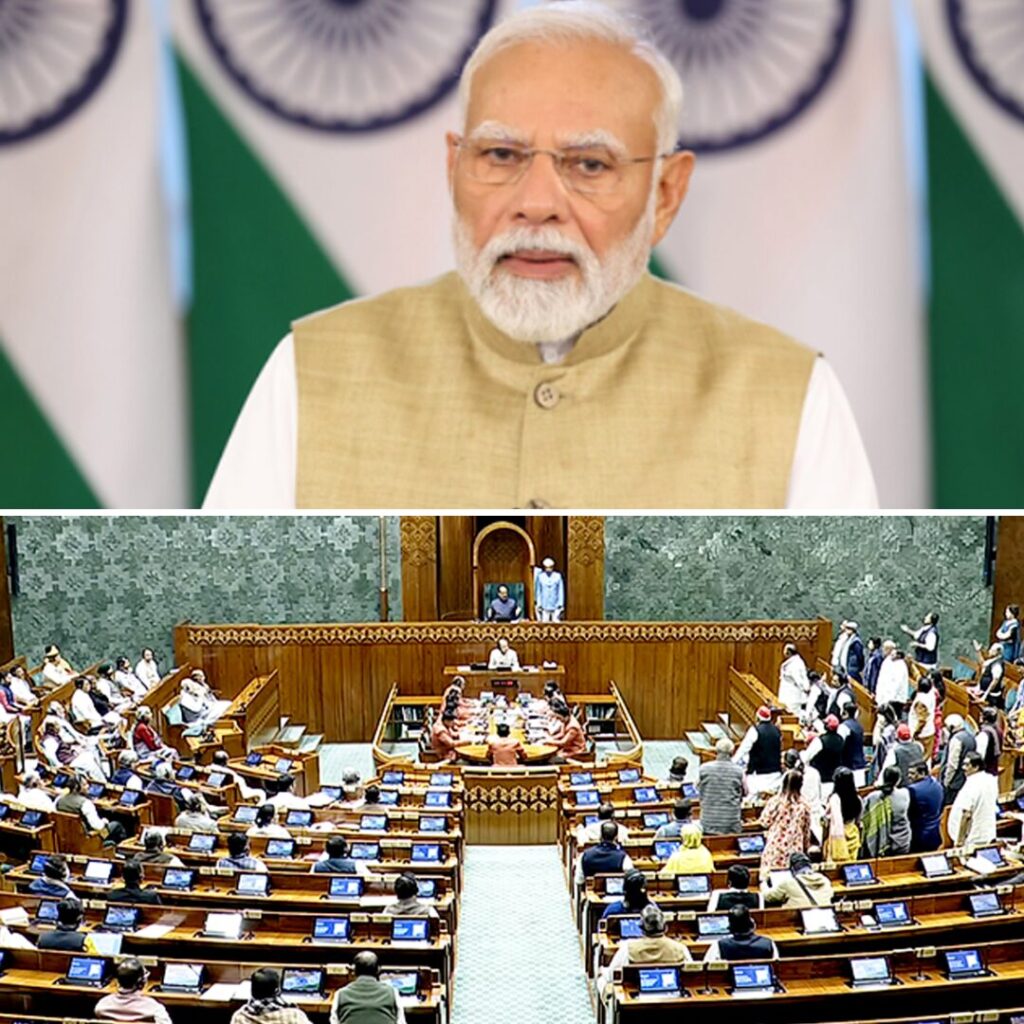Dr. Gagandeep Kang, the executive director of the Translational Health Science and Technology Institute, Faridabad has made history by becoming the first Indian woman to be selected as a fellow of the Royal Society, London.
According to India Today, fifty-one prominent scientists were elected as fellows of the Royal Society along with 10 new Foreign Members and one Honorary Fellow for their extraordinary contribution to science. And in 359 years of history of this prestigious scientific academy, this is the first time an Indian woman scientist has been elected. Dr. Gagandeep Kang, also known as India’s vaccine God Mother, along with the other Indian Royal Fellows has joined the likes of Issac Newton, Charles Darwin, and Albert Einstein to be elected in this oldest scientific academy.
Who is Gagandeep Kang?
Gagandeep Kang is a clinician-scientist and an executive director of the Translational Health Science and Technology Institute (THSTI), Faridabad, which is an autonomous institution under the Department of Biotechnology, Ministry of Science and Technology. She also works as a professor in the Department of Gastrointestinal Sciences at the famous Christian Medical College, Vellore (CMC-Vellore).
Kang, a leading scientist in India has developed an oral vaccine against the Rota virus, which kills almost 1 lakh children in India. The vaccine developed by her was first identified in 1985 by researchers at the All Indian Institute of Medical Sciences (AIIMS) in New Delhi and from then onwards, with over $100 million funding from Government of India and the Bill and Melinda Gates Foundation, it is now part of India-approved vaccines, reports NDTV.
Kang has established laboratories to support vaccine trials and conducted phase 1-3 clinical trials of vaccines, an approach that has supported two WHO pre-qualified vaccines, made by two Indian companies. She is researching the complex relationships between infection, gut function, and physical and cognitive development, and seeking to build a stronger human immunology research in India, reads her biography on the website of Royal Society.
While talking to The Print, Gagandeep says, “The Royal Society stands for excellence in Science and I am happy that the work done by me and my research team has been recognised for its quality and impact.” On being asked about her advice she would like to give women in STEM (Science, Technology, Engineering, and Mathematics), she said that women should not give up, in fact, they must take on big problems and explore every aspect comprehensively. On a personal note, Kang said that the women in leadership need to support and enable other women.
Kang serves on the editorial boards for numerous journalists with over 300 scientific research papers. She chairs the WHO SEAR’s Regional Immunisation Technical Advisory Group since 2015. Kang has also been awarded the Infosys Prize in 2016.
On making history by becoming the first Indian woman to be elected as a fellow at the Royal Society, many politicians, scientists took to Twitter to congratulate her.


Professor K VijayRaghavan who presently heads the Twitter handle of the Principal Scientific Adviser to Government of India also posted a tweet congratulating the Indian scientists elected as Royal Society Fellows.

Raghunath Anant Mashelkar, the president of the Indian National Science Academy also congratulated Kang.
Royal Society, London
Founded on November 28, 1660, the Royal Society of London is the oldest scientific institution in the world and its fellows are some of the world’s most prominent scientists. The motto of the society is, “Nullius in verba” meaning “Take nobody’s word for it,” which was adopted to signify the fellows’ determination to establish facts via experiments.
Venki Ramakrishnan, a Nobel laureate and the President of the Royal Society declared the fellowships of the prominent scientists.

Ardaseer Cursetjee Wadia, an Indian shipbuilder, and engineer was the first Indian to be elected as a Royal Society Fellow in 1841. Apart from Gagandeep Kang, other Indian scientists who have been selected for this prestigious fellowship this year, include, Manjul Bhargava who is one of the members of PM-STIAC (Science, Technology, Innovation Advisory Committee) in India and is an R Brandon Fradd Professor of Mathematics, Department of Mathematics at the Princeton University, Dr Yusuf Hamied, Padma Bhushan awardee and chairman of Indian pharmaceutical major Cipla and 3 others.
Also Read: Indian Scientists Discover New Planet 600 Light Years Away












